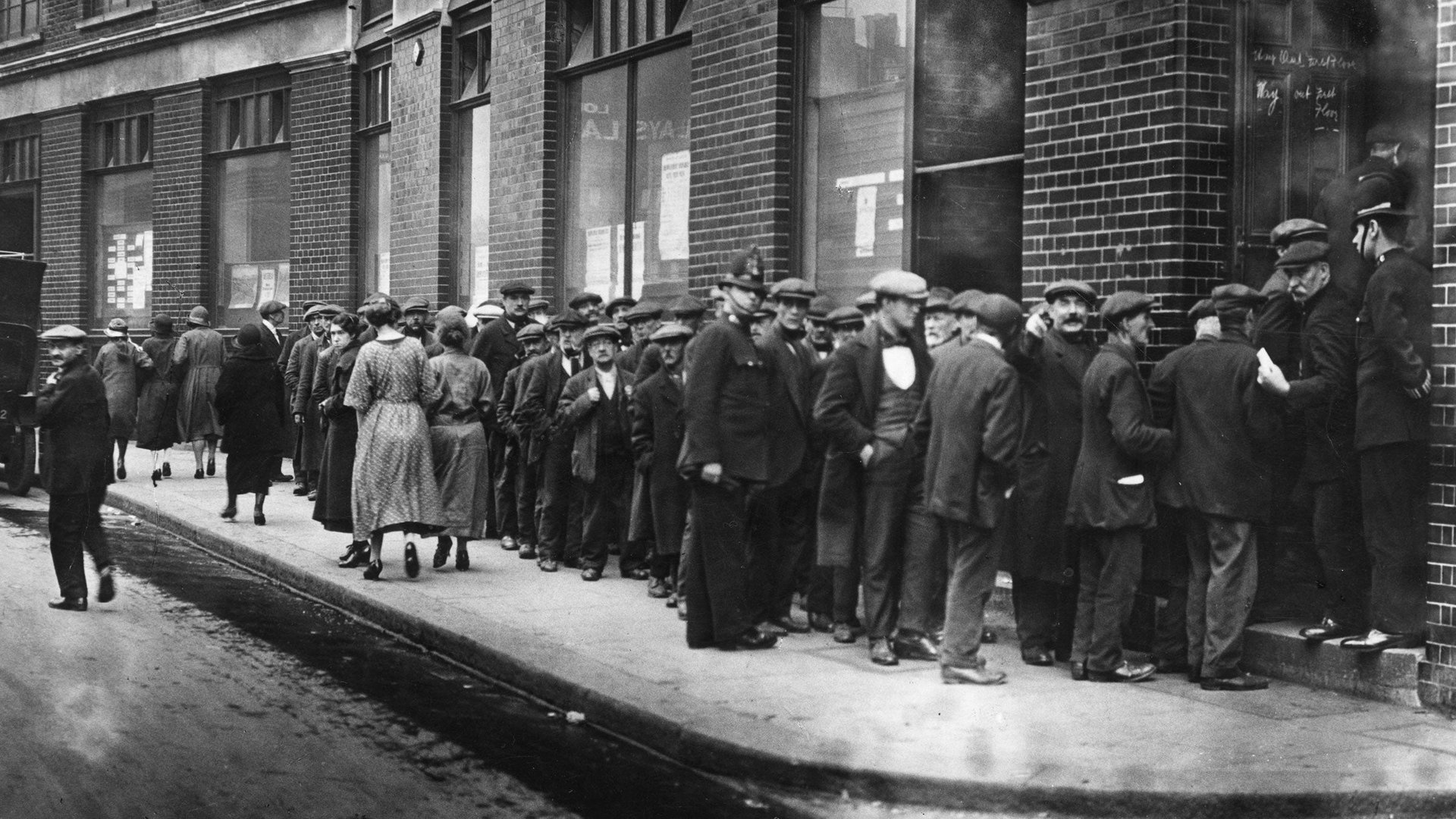Rich countries with the most generous unemployment benefits
Losing your job is awful, but it’s less awful in some places than in others. Call it the real estate rule of unemployment — it’s all about location, location, location. But where’s the “best” (or least awful) place to lose your job? Israel.


Losing your job is awful, but it’s less awful in some places than in others. Call it the real estate rule of unemployment — it’s all about location, location, location. But where’s the “best” (or least awful) place to lose your job? Israel.
Unemployment is created equal but unemployment benefits are not. The chart below, from this OECD benefits calculator, gives us a picture of just how unequal social safety nets are across rich countries when it comes to joblessness. It shows household income with unemployment benefits as a percentage of previous household income back from 2010 — note that this includes a working spouse’s income. In each case, I’ve assumed that people who lost their jobs had salaries equal to their country’s average salary beforehand. Notice the difference between Anglo-Saxon and European capitalism — Anglophone countries are stingier than their continental counterparts when it comes to helping the unemployed, especially if they don’t have kids.
There’s a lot to take in here. But the big takeaway is how little correlation there is between unemployment rates and unemployment benefits. Relatively less generous benefits haven’t saved Greece nor have generous benefits doomed Israel. That’s not to say that better benefits don’t affect incentives at the margin — they do. But what rocked the global economy in 2008 was the mother of all demand shocks.
In other words, it was a Great Recession and not a Great Vacation. The latter is what University of Chicago professor Casey Mulligan thinks happened after 2007 – in other words, cushier benefits made people less willing to work. Now, it’s true that unemployment benefits have been extended the past few years, but it’s not as if benefits themselves are better. Compare the replacement value of unemployment benefits in 2007 and 2010 for the United States. That’s not what any kind of vacation, let alone a great one, looks like.
Incentives matter, but so does the macroeconomy. In plain English, we don’t want a social safety net that encourages people to stay in it, but the best way to do that isn’t to make life in the safety net miserable — it’s to make life outside it better. Look at Israel. They have a safety net that Paul Ryan would probably call a hammock, but unemployment only peaked at around 8 percent during the crisis and recovered quite rapidly, thanks to some aggressive monetary policy.Benefits matter. Growth matters more.
This originally appeared on The Atlantic. Also on our sister site:
Why do so many teachers quit their jobs? Because they hate their bosses